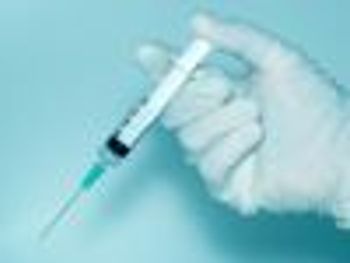
Certain hormonal forms of birth control could place women at a higher risk of contracting HIV.

Certain hormonal forms of birth control could place women at a higher risk of contracting HIV.
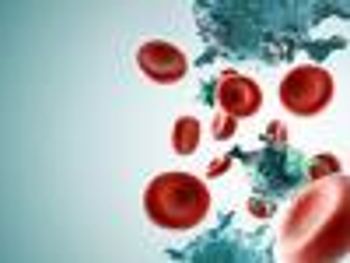
ART was associated with lower rates of high-risk human papillomavirus and invasive cervical cancer among women with HIV.

Although substantial progress has been made in the advancement of HIV treatment and prevention, adherence remains a barrier for individuals taking medication on a frequent basis.
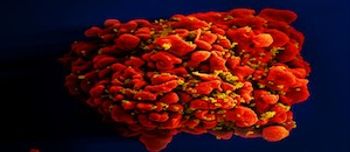
Many patients with HIV are unaware of their status, increasing risk for transmission of infection and leaving individuals susceptible to adverse events. For this reason, health advocates recommend that all individuals receive an HIV test.
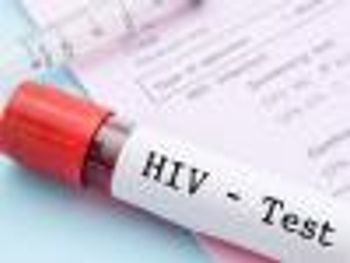
Implementing a one-time screening for HIV at age 25 may be a cost-effective way to identify new infections.
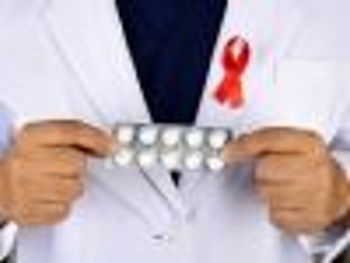
Infectious disease and HIV specialists may be more willing to prescribe HIV preexposure prophylaxis than primary care providers.

Oral preexposure prophylaxis (PrEP) has the potential to prevent HIV transmission and ultimately to help eradicate this devastating viral infection.

Top news of the day from across the health care landscape.

Top news of the day from across the health care landscape.

The Maraba virus was observed to kill latently infected HIV cells.

What has changed in HIV over time?

With the growth in pharmacy over the past 10 years, pharmacists are now at the forefront of managing many more disease states than in the past.
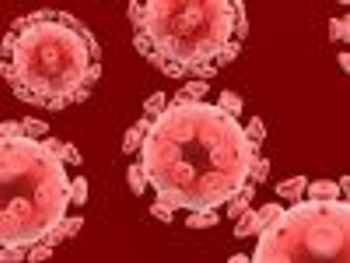
New research suggests that treating a common parasitic infection may reduce HIV transmission rates.

A look back at the top articles of the year on Specialty Pharmacy Times.

Enzymes that protect the immune system may malfunction and provoke cancer-related mutations.
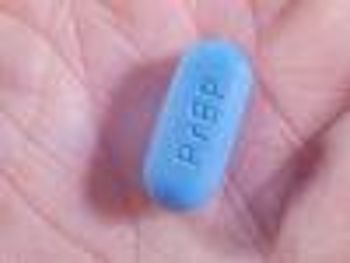
If one-quarter of HIV-negative patients took PrEP, a significant amount of new HIV infections could be prevented.

Rattlesnake pills have received media attention due to their link with Salmonella infection.
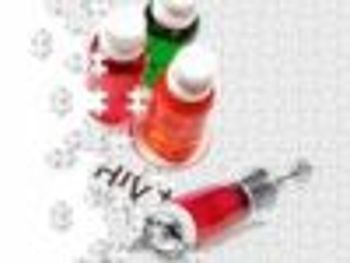
Children with HIV have a unique risk of nonadherence in adolescence and elevated risk of mental health and substance use problems later in life.

Adolescents and young adults who are living with HIV and were exposed to the virus perinatally have a unique risk of nonadherence in adolescence, as well as an elevated risk of mental health and substance use problems.

Only 21% of HIV-positive individuals visited a health care provider within 2 weeks of release from jail or prison.
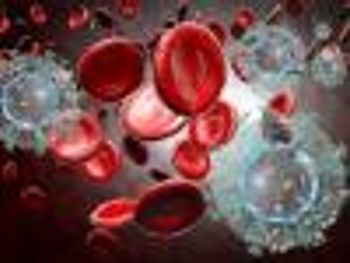
Vaccine regimen based on mosaic immunogens designed to create a buffer against various strains of HIV.
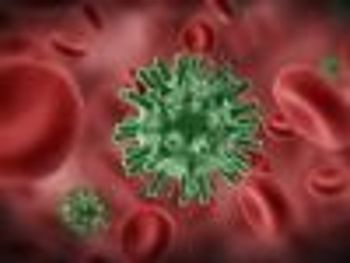
Voluntary male circumcision and starting antiretroviral therapy reduced new cases of HIV by 42% in vulnerable regions.

THC found to slow the process of neurodegeneration, which affects nearly half of all patients with HIV.

Long-acting pre-exposure prophylaxis may improve adherence to HIV treatment.

These findings could lead to novel a HIV vaccine.